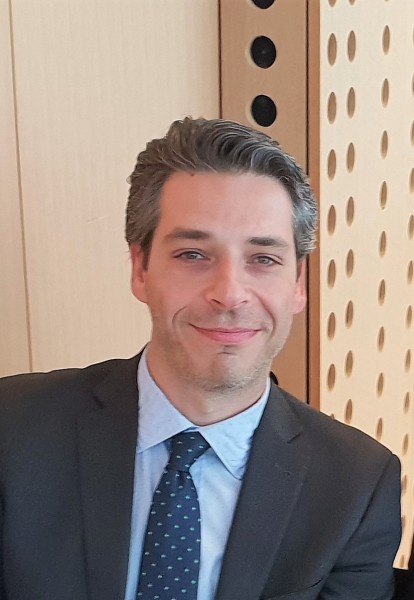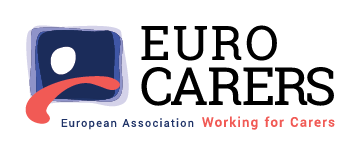Interview with Stecy Yghemonos, Executive Director of Eurocarers.

Could you introduce yourself in a few lines?
Eurocarers is a network of 67 members in 25 EU Members States of organisations representing carers at both national, and regional level, as well as university departments & research institutes active in the field of care and caring. We define a carer as a person (usually a relative, friend or neighbour) who provides - mostly - unpaid care to someone with a chronic illness, disability or other long lasting health or care need, outside a professional or formal framework (aka informal carer).
What are the needs of informal carers supporting a family member who is facing frailty related challenges?
Informal carers deal with the constant pressure of care which can lead to social exclusion and loneliness. Access to community- and home-based care services and other important support measures such as respite care, training and recognition of skills, ability to maintain an active professional/educational life are all key in relieving some of the pressure on the carer.
Carers often need psychological and emotional support, but also adequate preparation for their caring role including the skills required. This could be provided in the form of access to information, advice from peers and professionals, to thus learn more about the condition (e.g. frailty) of the person they are caring for thus improving their preparedness.
Do you think the EU FrailSafe solution has the potential to facilitate your care giving? If yes, in what way?
The EU Frailsafe solution, having been designed with the involvement of end-users, definitely has potential to facilitate caregiving by enabling the carer to remotely monitor relevant variables (such as physiological measurements) and alert them to any deviations in the frail individual’s behaviour, in and outside the home. It can empower frail individuals in their home and community, increasing their autonomy, and therefore the carers’ quality of life.
At the same time EU Frailsafe acts as a tool to coordinate care tasks and sustain effective communication between the frail person, the healthcare professional and carer. This could help the carer to expand their knowledge and skills about frailty, and also to improve communication processes between all involved in care.
According to you, what is the added value of digital health technologies – such as the EU FrailSafe system – for informal care giving?
ICT tools can be a great enabler in supporting carers to cope with many of the challenges, some of which we outlined above. We welcome innovative digital health technologies that support independent living (e.g. telemonitoring and care, tracker devices and sensors) as that increases the quality of life of carers.
Other ICT solutions useful for informal caregiving are digital services for information and learning, that allow carers to access online or phone-based information and advice from peers and professionals, and ICT as a support tool to coordinate care and arranging services online.
Needless to say, digital health technologies are one important component in the toolbox of support measures for carers, along with affordable access to community- and home-based care services and other support measures: respite care, access to training and recognition of skills, work-life balance measures etc.

